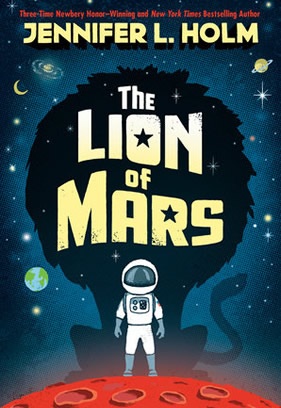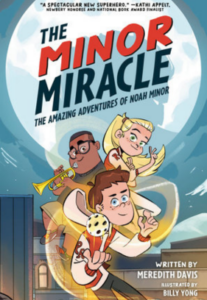Eleven-year-old Bell has spent his entire life growing up on Mars. That’s right, Mars! Other than being a resident on a planet that’s plagued with freezing cold surface temperatures, deadly radiation and incredibly destructive dust storms, however, he’s a pretty average kid. He loves animals, cats in particular. And he definitely loves cake, though he’s not particular about that at all.
So how did an Earth boy like Bell end up on a planet like Mars?
Well, when the various countries on Earth began establishing human settlements at the end of the 21st century, they soon put the Nanny Program into effect. That meant that every new, useful individual who rocketed to Mars would also bring along an orphaned child to become a part of the growing colonies.
However, Bell’s colony isn’t very large at all. It’s just him, four teens and six adults. That’s not all that many people to keep a sprawling underground American base up and running. But they make do. And to help everyone stay safe, Sai, the colony’s commander, established a small list of settlement rules:
Do not go outside without a buddy.
Use the alarm bell in an emergency.
Keep a glow stick in your pocket.
Rovers are off-limits for children.
Do not go beyond the flag.
No contact with foreign countries, ever.
It’s that last rule that really chafes Bell and the other kids on his base. There are a number of other colonies out there, places they would love to see filled with kids and adults whom they’d love to meet. But for some reason, that’s a big no-no. And no one would ever tell them why. After seeing something crash down to the surface near the French colony, Bell and the other kids actually take a joyride in a rover one day to go see it. And boy, do they get in trouble.
When the adults of the American colony all fall ill with a mysterious virus, however, things definitely take a scary turn. The young colony members take over the settlement jobs and care for the older members as best they can. But everything continues to get worse. And help from Earth is millions of miles and months of rocket travel away. It all seems to come down to Bell—a regular 11-year-old caught up in a not-so-regular Red Planet conundrum—to uncover the truth and somehow save the people he loves.











